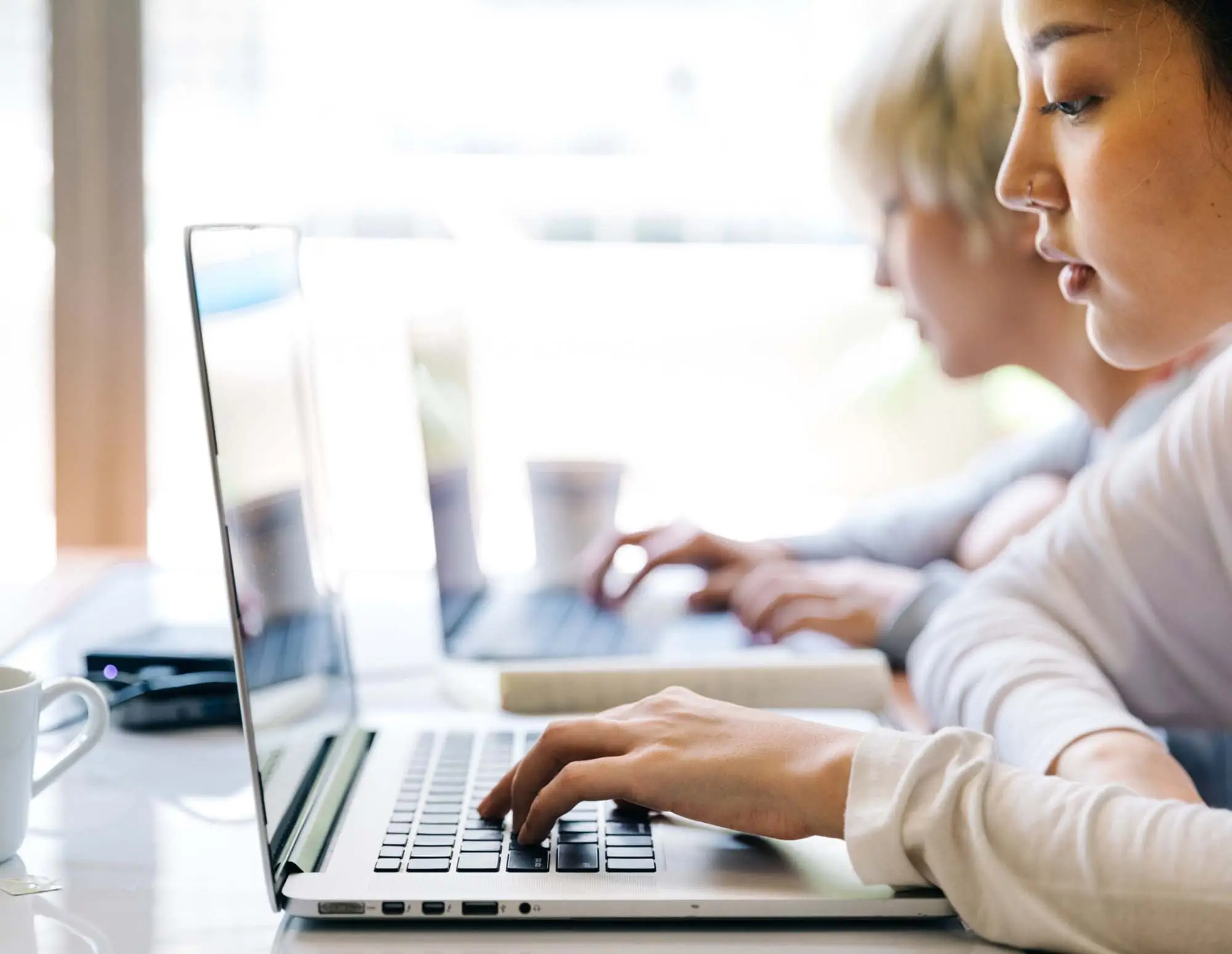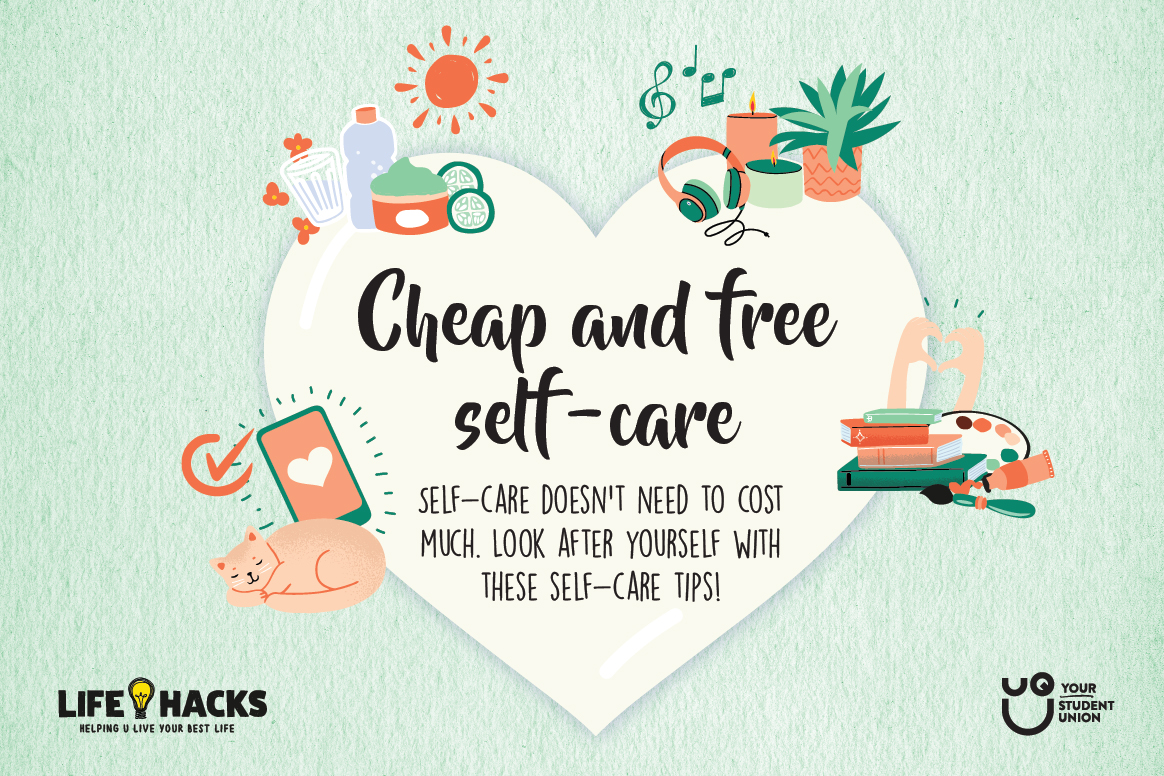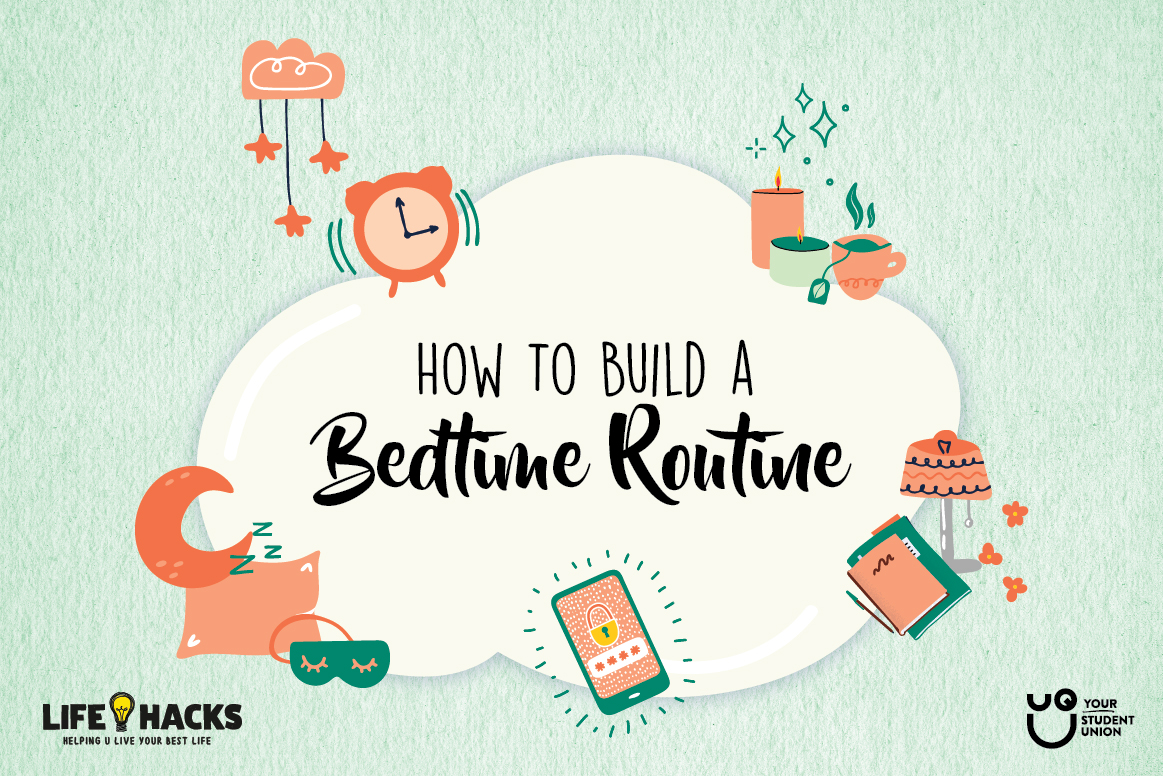However it’s important to remember that exposure to too much social media in quarantine can have negative impacts on your mental health. Whether it’s the spreading of misinformation, over exposure to other people’s “life highlight” posts on Instagram or an over saturation of negative news, social media does have potential to have an adverse effect on your mood and overall mental health.
Here are a few things to be aware of while using social media at this time of isolation, confusion and fear.
Beware of misinformation
When people are scared and confused they often are less rational and react in an emotional way. In this frame of mind it can be easy to take social media posts at face value and often leads to sharing of fake news. Remember that anyone with an internet connection has the ability to post something on social media. There is a high chance that some of the information you read on social media is not factually correct.
It’s important that if you read something and want to share it you do some research and check the facts. Spreading of misinformation often leads to panic and more confusion and stress which has a direct impact on people’s mental health. It can also lead to behaviours which negatively target individuals and groups of people and impact on people’s mental health.
Remember: If in doubt, research it!
Avoid comparing yourself to highlight posts
During periods of high stress it can be easy to want to try to distract yourself from your situation by scrolling through someone else’s posts. In the short term this can be a good way to distract yourself but in the long term, over exposure to “highlight posts” (posts that only show the good things in people’s lives) can lead to comparing yourself to others and can lead to low self-worth, and feelings of dissatisfaction, depression and anxiety.
Limiting the time you spend scrolling through other people’s social media feeds can help to stop you getting to the point of unhealthy exposure.
Remember: No one’s life is perfect, so comparing your life to just their highlights isn’t realistic.
Try to limit your exposure to social media
While it’s important that you stay up to date with the latest developments regarding COVID-19, it can be easy while doing this to get bombarded with negative stories, news, messages and posts.
Scrolling through a feed oversaturated with negativity can impact on your mood and start to give you feelings of hopelessness and negativity yourself. This is a slippery slope and can very easily have an adverse effect on your own mental health.
Make sure that you limit your overall exposure to negative social media. Try getting the Australian Government coronavirus app, which gives accurate updates and information about the virus without having to scroll through a news feed filled with unhelpful negativity and potential misinformation.
Remember: You are in control of what negativity you are exposed to.
If you feel that you need to talk to anybody about your mental health you can book a welfare appointment with a welfare advocate at Student Advocacy & Support.
There are also several services you can contact to have a free confidential chat about your mental health:
beyondblue
- www.beyondblue.org.au
- 1300 22 4636
beyondblue is a national organisation that has a range of information and resources associated with depression and anxiety. Useful resources and further information about beyondblue programmes are available on its website at www.beyondblue.org.au or by contacting its Support Service on 1300 22 4636 (toll free). The Support Service runs 24 hours a day, seven days a week. All calls are one-on-one with a trained mental health professional, and completely confidential.
Lifeline Australia
- www.lifeline.org.au
- 13 11 14
Lifeline Australia provides a free, confidential and anonymous, 24-hour telephone counselling service for adults needing emotional support. Lifeline Australia also has a range of information and resources available from their website, about providing care in times of crisis.
Mensline Australia
- www.mensline.org.au
- 1300 78 99 78
Mensline Australia provides a free, confidential and anonymous, 24-hour professional telephone counselling service for men needing emotional support or in crisis. Mensline also has a range of information and resources available from their website, about providing support and taking care of yourself, in times of crisis.
Kids Help Line
- www.kidshelp.com.au
- 1800 55 1800
A number of children and youth may also need emotional support. Kids Help Line is a free and confidential, telephone counselling service for 5 to 25 year olds in Australia.
Black Dog Institute
The Black Dog Institute provides a 24 hour free mobile phone/computer-based programme to assist those with mild to moderate depression, anxiety and stress (myCompass).
QLife
- www.qlife.org.au
- 1800 184 527 (3pm-12am)
QLife is Australia’s first nationally-oriented counselling and referral service for LGBTI people. The project provides nation-wide, early intervention, peer supported telephone and web based services to diverse people of all ages experiencing poor mental health, psychological distress, social isolation, discrimination, experiences of being misgendered and/or other social determinants that impact on their health and wellbeing.




